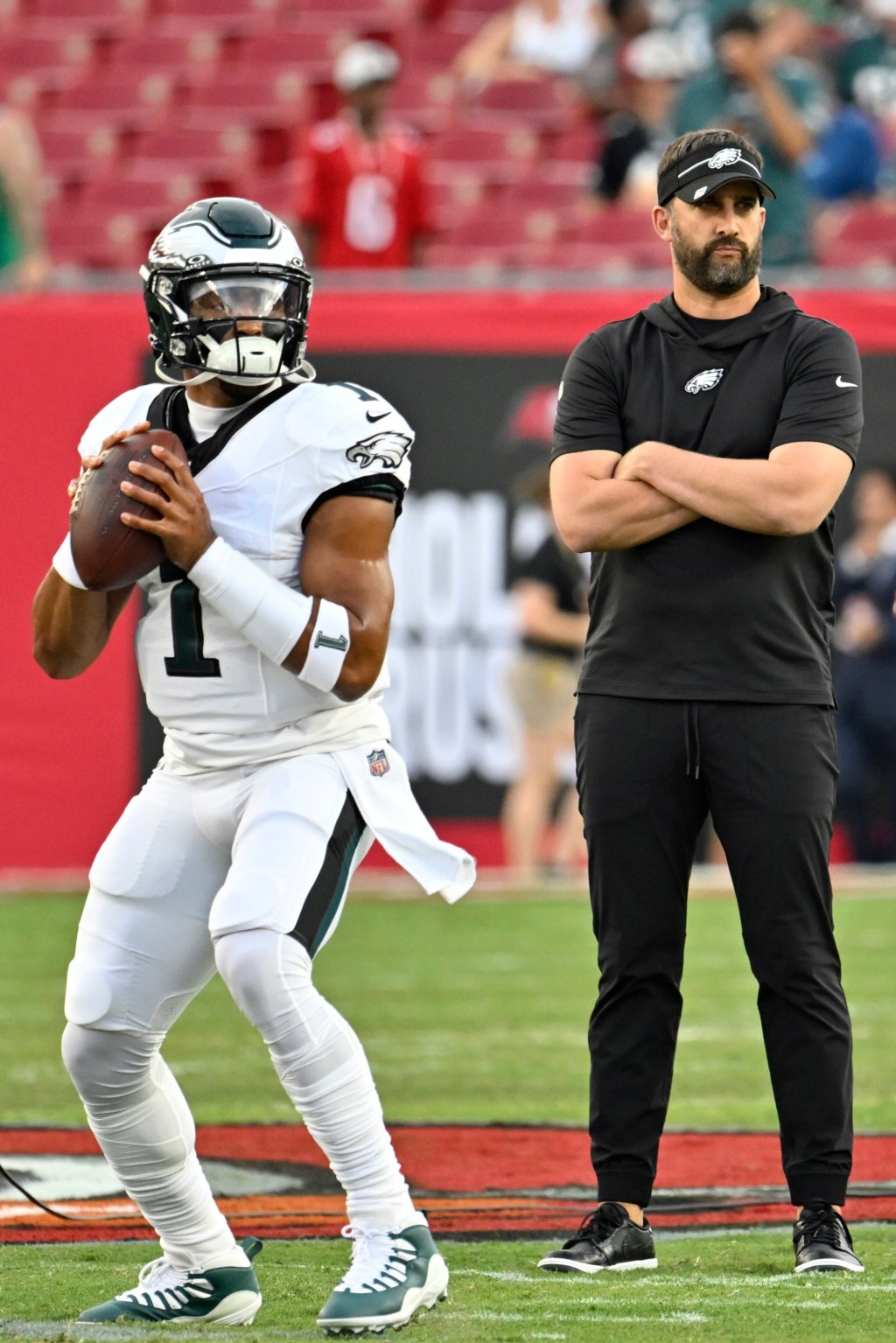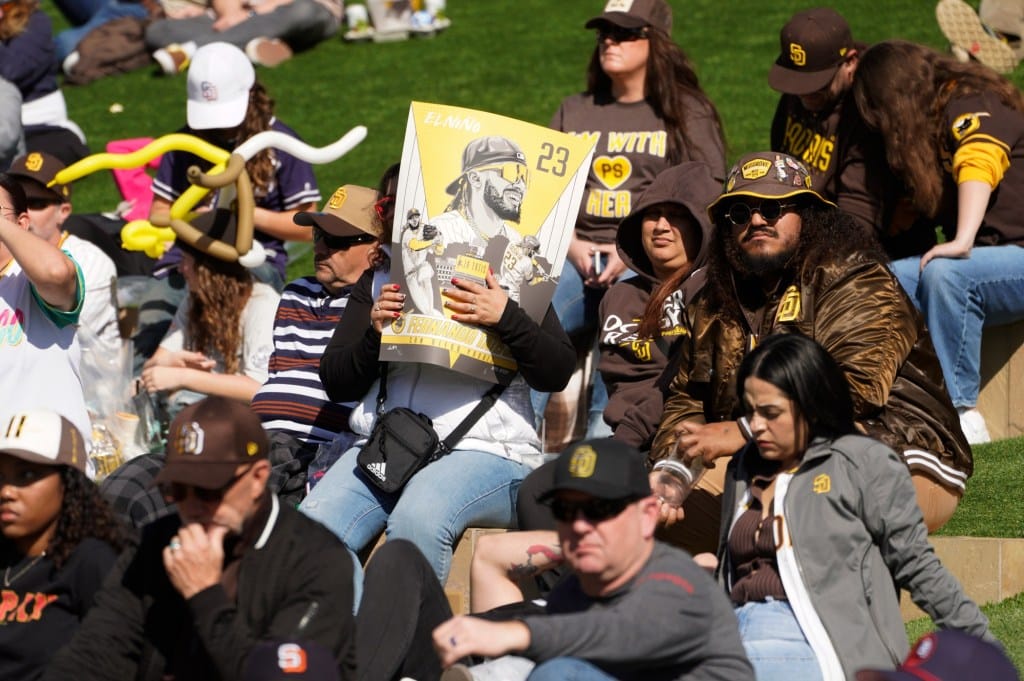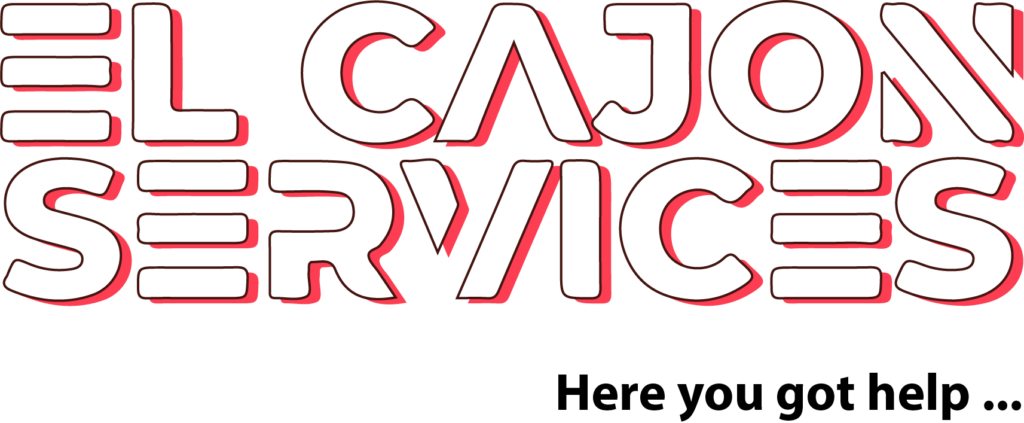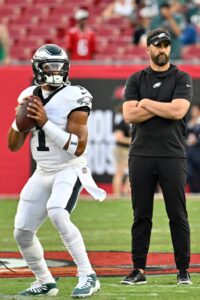Your Local SEO and Digital Marketing Experts in San Diego County
The Eagles were right about Saquon Barkley last winter, but it’s more interesting how wrong the Giants and other NFL teams were about the free-agent running back.
Obsessiveness over details describes both Andy Reid, 66, and Nick Sirianni, 43, the head coaches heading to Super Bowl 59 next week in New Orleans.
Simple ideas led to rare consistent success for both franchises.
Three decades ago, Boston film producer Jeffrey Lurie bucked the recommendation of inner-circle folks and chose to buy the Eagles. Lurie’s grasp of the future brought him stunning wealth.
The nuggets above come from former Eagles executive Joe Banner. His large imprint shows up in this Super Bowl, a rematch of Super Bowl 57 that, Banner predicted, will be reprised in years ahead.
Banner hired Reid to his first head coach job, during Banner’s lengthy tenure under Lurie. The former NFL exec delved into the “why” of each franchise’s success as a guest this month of The Rich Eisen Show and Philadelphia broadcaster Anthony Gargano.
Banner said it shouldn’t have been a tough decision for the Giants to retain Barkley, who gave the Eagles a huge season and will turn 28 on Super Bowl Sunday.
“I understand they knew they weren’t going to be good for a few years,” he said. “But there was reason to think that, if he could stay healthy, then two, three years from now he could still be contributing. In the meantime, he provides you all the advantages of his leadership, his ability to keep your defense off the field, forcing the defense to play you a certain way, which, with somebody like Daniel Jones at quarterback, was really advantageous.”
Banner said he regarded Barkley as the NFL’s best running back and, at worst, third overall. Signing him for an average salary of $12 million for three years, he said, wasn’t a tough decision for the Eagles’ Howie Roseman, whom Banner hired as an intern.
“A Pro Bowl guard gets $21 million a year now,” he said.
Banner said the Giants used the money that didn’t go to Barkley on an “OK guard.” He added: “How do you make that choice?”
Banner marveled at the dearth of competition the Eagles encountered in pursuit of Barkley. “Where were all the other teams in the league? How did this guy not get meaningful money, in a structure that maybe allowed you to protect the team a little bit?”
In 1999, Banner’s hire of Reid shocked the NFL, as the Packers offensive assistant had never been an NFL coordinator, nor a head coach at any level.
Banner said a three-step effort led to the hire.
He found five compelling traits common to the coaches who’d taken at least two teams to a Super Bowl. When he found those traits in Reid, he trusted his information and made the hire.
A trait Banner deemed crucial was attention to detail. A former BYU offensive lineman who’d worked under Packers head coach Mike Holmgren, Reid had it in spades. Folks who knew Reid told Banner, “Oh my gosh, he’s so obsessed with every little detail he drives everyone around him crazy.”
Thrilled, Banner and Lurie “lit up” because “that was what we were looking for.” Importantly, Banner described Reid as very collaborative.
Banner said Eagles saw similar traits in Sirianni, a former San Diego Chargers assistant to Mike McCoy.
Reid went to five NFC championship games and a Super Bowl with the Eagles, and has taken the Chiefs to five Super Bowls in the past six years. Sirianni has led the Eagles to the Super Bowl twice.
Both Banner and Lurie lacked traditional NFL backgrounds for their roles. Their fresh perspective, Banner said, led them to ask simple questions, leading to answers that bore much fruit.
Two examples:
One, they asked why NFL offenses were rushing more than passing, despite passing attempts netting nearly twice the yardage. “It defied common sense,” he said.
Two, they took into account that close to 80% of NFL games were won by the team that led at halftime.
Reid thus became more committed to a pass-first offense meant to seize a quick lead and build on it. Building their teams, the Eagles invested heavily in defensive-line starters and backups so that a pass rush could snuff second-half comeback bids.
When Lurie decided to buy the Eagles in May 1994, he acted on rare insight and resolve, Banner said. The grandson of a cinema magnate, Lurie had earned three college degrees including a master’s in psychology and a doctorate in social policy. He’d produced an Academy Award winning documentary.
Struck by the public’s fascination with the NFL, he decided to buy the Eagles and didn’t flinch, Banner said, despite the objections of several confidantes.
“His vision was very, very clear,” said Banner.
Lurie forecast that “over time, having a large number of eyeballs on something is going to become unique and incredibly valuable as media becomes more diffuse,” Banner said.
“And that’s exactly what happened,” said the franchise’s president, CEO and strategic adviser to the owner.
Lurie put up his own stock to help finance his Eagles purchase. The cost was about $190 million.
Two months ago, Lurie sold a small share of the franchise. Their valuation was revealed as $8.2 billion.
Talk about Fly, Eagles, Fly. Reid and Sirianni, adaptive and attentive, are soaring, too.
Originally Published:
Your Local SEO and Digital Marketing Experts in San Diego County










